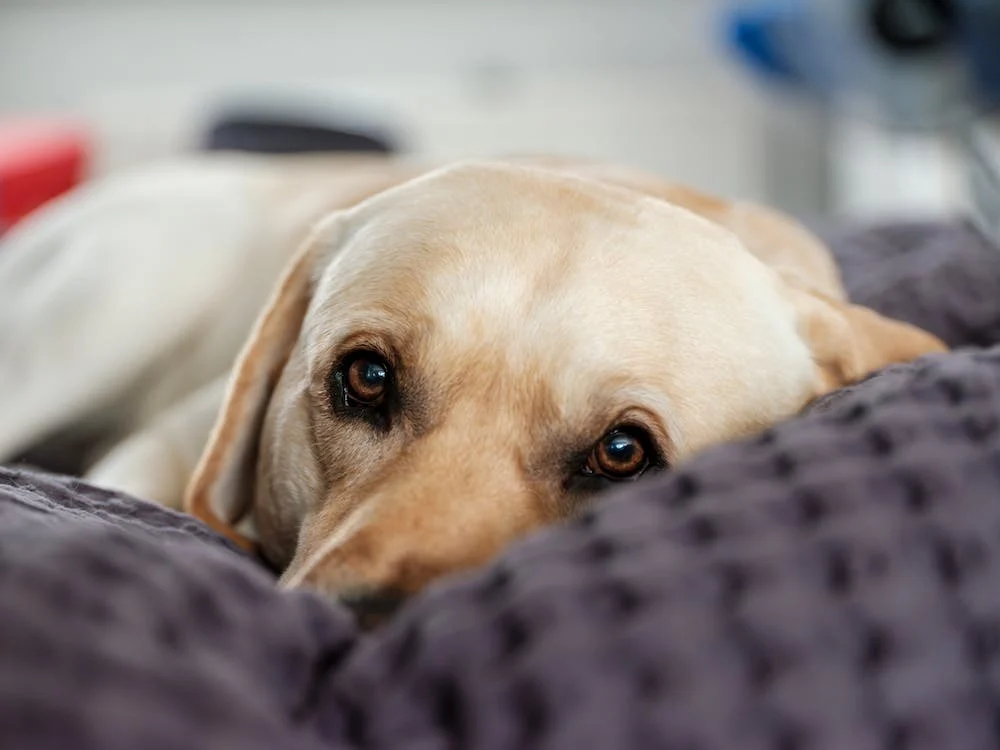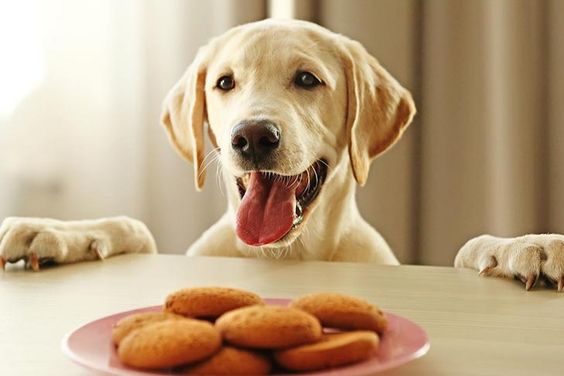It can be distressing to hear your dog whining or crying after undergoing anesthesia. However, there are several normal reasons why dogs may vocalize or appear uncomfortable after waking up from anesthesia. Being prepared and knowing what to expect can help ease your worries.
Grogginess and Disorientation
The anesthetic medications used for surgery can leave dogs feeling groggy, confused, and disoriented when they initially wake up. They may cry or whine because they don’t know where they are or what has happened. These effects should pass within a few hours as the anesthesia wears off. Stay calm and comfort your dog during this transition period.
Throat Irritation
Intubation during surgery can sometimes irritate a dog’s throat. This discomfort may cause them to whine or make crying-like noises. Offering them water or ice chips can help soothe throat irritation. This should resolve within a day or so.
Nausea
Anesthesia can occasionally cause nausea, which may also lead to whining. If your dog seems extremely distressed or vomits, contact your veterinarian. They can prescribe anti-nausea medication to relieve discomfort.
Pain
Depending on the procedure, your dog may be sore, tender, or painful afterward. Analgesics are typically given to help control pain, but whining can signal they are still uncomfortable. Discuss options for additional pain relief with your vet if whining persists beyond the first day.
When to See the Vet
It’s generally normal for dogs to vocalize more after anesthesia—it should stop within 12-24 hours. Contact your vet if crying or whining is nonstop, getting worse, or accompanied by concerning symptoms like vomiting, diarrhea, or refusal to drink water. This may indicate a complication requiring medical attention.
Making Your Dog Comfortable at Home
While a little post-anesthesia whining is normal, there are things you can do at home to help your dog feel more comfortable:
- Provide a quiet, calm environment to recover in
- Offer high-value treats, favorite toys, or chews
- Use pheromone sprays or diffusers to relieve anxiety
- Make sure they have soft bedding and fresh water
- Gently stroke or speak to reassure them
Be patient—it may take a full day for residual anesthetic effects to dissipate. Follow all at-home care instructions from your veterinarian. With time and TLC, your furry friend should be back to normal soon!
Q&A
How long will my dog whine or cry after anesthesia?
Whining, crying and other vocalizations are most common within the first 12 hours. These sounds should gradually decrease over the next 24 hours as the anesthetic wears off. Contact your vet if loud vocalizing persists more than 1-2 days.
Are the cries or whines signs of pain?
It’s possible. Post-op pain is a common reason for vocalizations. Have your vet assess your dog—additional or stronger pain medication may be needed to keep them comfortable.
My dog seems very distressed and upset, what should I do?
If your dog seems extremely agitated, continues crying nonstop, or vomits/diarrhea after anesthesia, these can be signs of a more serious issue. Contact your vet right away so they can be examined and treated properly. Don’t wait – get same-day veterinary help.
When is whining absolutely not normal?
Any prolonged, frequent whining more than 2 days post-anesthesia could signal a problem. Unusual behaviors like aggression or restlessness after anesthesia should also prompt an urgent vet visit to address complications.
How can I comfort my anxious dog after surgery?
Try remedies like pheromone sprays, calming treats, gentle handling, quiet time in a dim room, and offering their favorite toys or chews. If they remain very distressed, talk to your vet about anti-anxiety medication or sedatives to help them relax at home.


